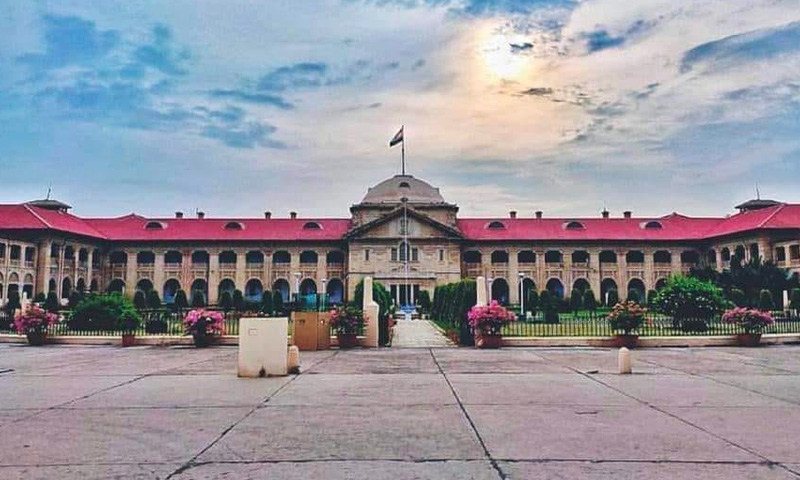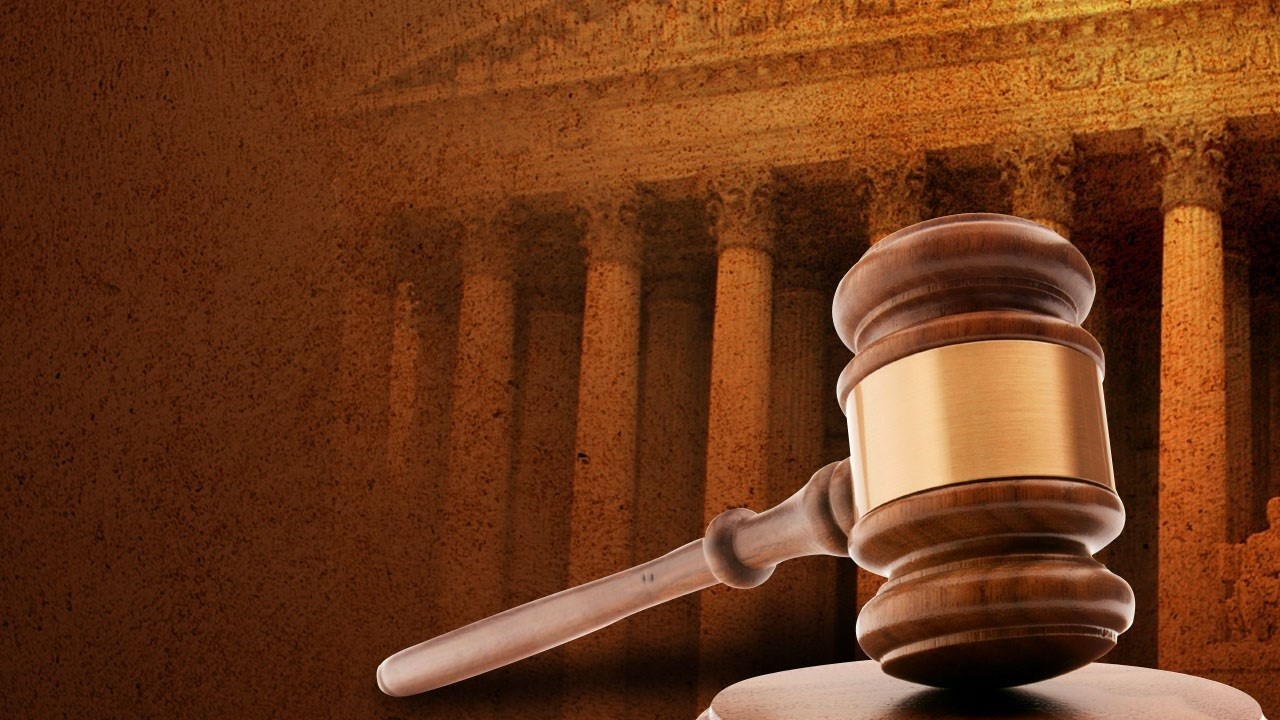
The Uttar Pradesh Medicare Service Persons And Medicare Service Institutions (Prevention Of Violence And Damage To Property) Act, 2013 was enacted by the Legislature to…

The Uttar Pradesh Medicare Service Persons And Medicare Service Institutions (Prevention Of Violence And Damage To Property) Act, 2013 was enacted by the Legislature to…

An order of the Allahabad High Court directing for expediting the case holds the effect to direct the trial court to decide the concerned suit/…

The First Information Report is registered under Section 173 of the Bhartiya Nagarik Suraksha Sanhita 2023 in case a cognizable offence is made out. Important…

Under the Real Estate (Regulation and Development) Act 2016, the procedure for agitating your grievance starts at the stage of filing a complaint under Section…

In the first part of this article, we explored various important aspects of your case at Allahabad High Court, like filing, case status, the pendency…

The primary purpose of this article is to provide crisp and useful information to all the people whose cases are pending before the Allahabad High…

The U.P. Gangster and Anti-social Activities (Prevention) Act 1986 (“Gangster Act 1986”) was enacted with the aim and objective of crafting special provisions for coping…

The Caste Certificate has the effect of certifying that the certificate holder belongs to a certain caste, either Other Backward Castes, or Scheduled Caste or…

Protection of Women from Domestic Violence Act 2005 (short referred to as “DV Act”) was enacted with a novel approach to add a measure of…

Promotion, as understood under the service law jurisprudence, is advancement in rank, grade or both. Rules of promotion are to be construed liberally as promotional…

Central Goods and Services Tax 2017, Uttar Pradesh Goods and Services Tax Act 2017, and Integrated Goods and Services Tax Act 2017 were brought into…

What is Order VII Rule 11 of Civil Procedure Code? Order VII Rule 11 of the Civil Procedure Code provides for the rejection of the…

This article is inspired by a recent judgment of Allahabad High Court in Jitendra Kumar Mangla vs. State of U.P. and another. To read the…

A petition under Section 482 of the Criminal Procedure Code is filed before the High Court to invoke the inherent powers of the Court to…

The U.P. Recruitment of Dependants of Government Servants Dying in Harness Rules, 1974 were framed with the aim and object of creating an alternative inlet…

Courtesy: Sudeep Kothavade Under Section 102 of the Juvenile Justice Act 2015, the Allahabad High Court deals with criminal revisions, whereby issues related to the…

Courtesy: Sudeep Kothavade The Hon’ble Apex Court in a recent judgment namely, Rajnish Kumar Biswakarma Versus State Of NCT Of Delhi & Anr, held that…

Courtesy: Armaan Khanduja The Supreme Court, in In Re: Directions in the matter of demolition of structures, issued directions, exercising powers vested in it by…

Courtesy: Deeksha Rao With the 44th Amendment 1978, Article 19(1)(f) and Article 31 of Part III of the Constitution pertaining to the ‘Right to Property’…

Courtesy: Sudeep Kothavade The Allahabad High Court faces significant challenges while dealing with matters related to police protection for inter-caste marriage couples and those in…